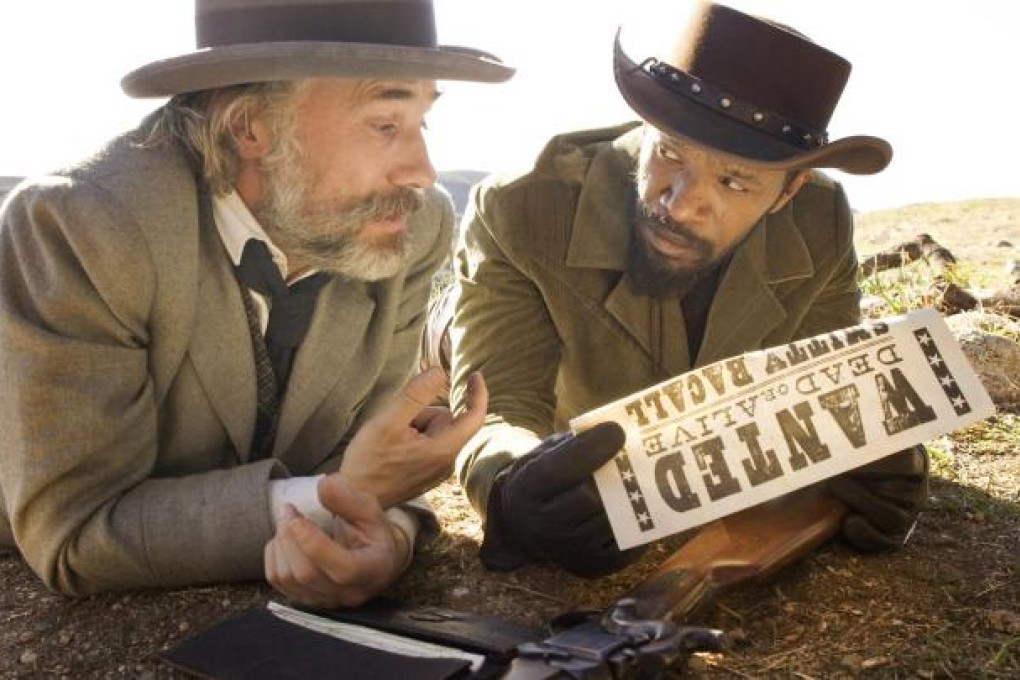Film review: Django Unchained
Quentin Tarantino's Django Unchained is an equivocal affair. It graphically depicts the horrors of slavery, while at the same time revelling in them in an exploitative B-movie fashion. Its dialogue is often witty and there are some clever, unexpected plot reversals.

Director: Quentin Tarantino
Category: III

Quentin Tarantino's Django Unchained is an equivocal affair. It graphically depicts the horrors of slavery, while at the same time revelling in them in an exploitative B-movie fashion. Its dialogue is often witty and there are some clever, unexpected plot reversals. But the gun violence, which turns up in a number of mediocre set-pieces, is dumb and distracting. The film constantly oscillates between enjoyable and irritating.
Tarantino probably expected to take some heat for portraying African American slavery on screen, complete with whippings, dog attacks, and "Mandingo" fights to the death. Some have objected to Django Unchained, which, like Pulp Fiction, makes frequent use of the word "nigger", and also features many scenes in which African Americans are humiliated by slavers.
The movie's director-scriptwriter could, with some justification, retort that the torture of slaves should be graphically portrayed to show what happened to a younger generation of viewers, and point to the participation of actors of the calibre of Jamie Foxx and Samuel L. Jackson to avoid criticism that he is exploiting the situation. Nonetheless, some of the scenes of beatings and humiliation are certainly offered for entertainment purposes rather than as social commentary.
But Tarantino could not have known that his stupidly violent film would be released as sectors of US society are mobilising to fight for greater gun control in the wake of the Colorado and Newtown massacres. This has meant that his film's "ultraviolence" (to use novelist Anthony Burgess' term) appears like an artefact from a less reflective time.
Tarantino has long professed an admiration for Spaghetti Westerns, and a musical theme reminiscent of Ennio Morricione's The Good, The Bad and The Ugly tune crops up throughout. But the movie looks to be more influenced by Sam Peckinpah's The Wild Bunch, which features explosive bouts of violence that arise out of nowhere.